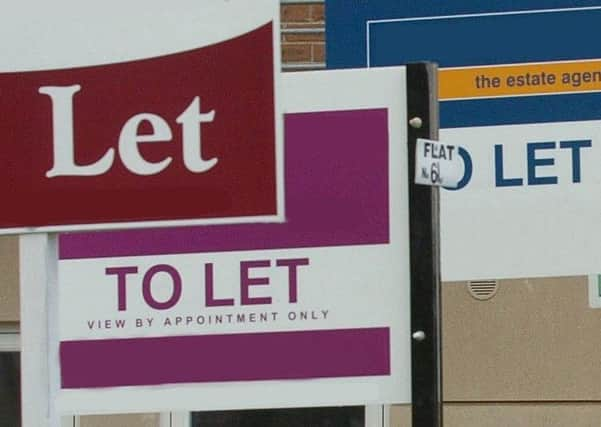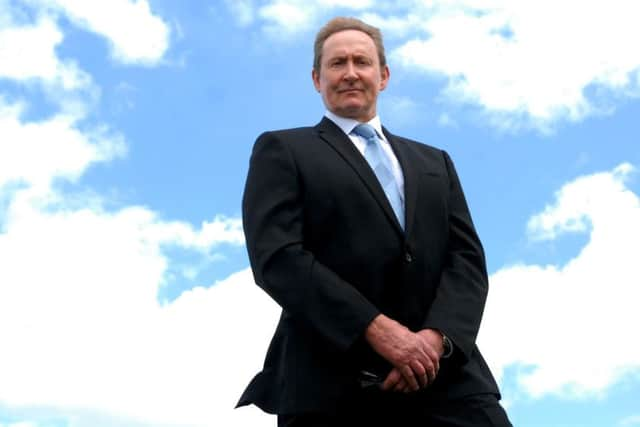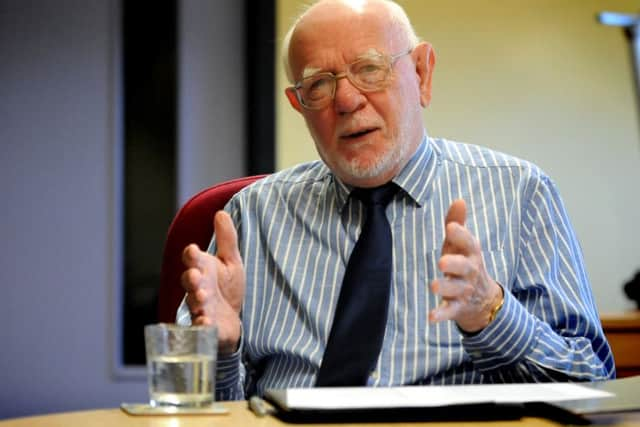'˜Get your house in order', South Tyneside Council told by property boss


South Tyneside Council is getting braced for a private renting boom in the borough by stepping up a bid to improve standards of accommodation provided by landlords.
A new report recommended for approval by councillors proposes that a voluntary accreditation agreement for landlords be replaced by a mandatory scheme forcing property owners to bring homes up to standard.
Advertisement
Hide AdAdvertisement
Hide Ad

The voluntary scheme has been in force since 2008, but now covers just 2% of the 9,000 privately rented properties across the borough.
Colin Campbell, chief executive of the borough’s Landlord Association, says a move towards a Selective Licensing Scheme would be ‘a fantastic idea’.
But he says the council must also improve the quality and maintenance of its own housing stock.
Mr Campbell said: “As landlords, we want to upgrade and improve the standard of our properties, but the council needs to take a good look at themselves in the mirror.
Advertisement
Hide AdAdvertisement
Hide Ad

“Tenants moving out of a council home are told they must remove carpets and curtains and strip the property to ensure there is no problem with bugs or infestations. The new tenant comes in to an empty property with bare floorboards.
“The quality of a lot of the council homes is not good enough, which is leading more people to go to the private sector.”
But Mr Campbell also backs plans to improve quality across the board in the housing sector.
He added: “Landlords who want to provide the best service were happy to sign up to the voluntary scheme, but rogue landlords had no reason to agree to it.
Advertisement
Hide AdAdvertisement
Hide Ad

“The Selective Licensing scheme is a fantastic idea and it would be great if it drove out those rogue landlords.”
A South Tyneside Council spokesman said: “Mr Campbell was consulted as part of the Place Select Committee’s in-depth look at the quality of private rented housing and we thank him for his input on the issue.
“However, we disagree with the claims regarding the overall state of council owned properties. By December 2016, the council will have invested over £330million bringing South Tyneside council properties up to, and beyond, national Decent Homes Standard, vastly improving the lives of over 18,000 tenants and leaseholders.
“Over recent years, more than 471 new homes have been built across South Tyneside.
Advertisement
Hide AdAdvertisement
Hide Ad

“We are also working with other registered providers to build hundreds of more high-quality rented homes over the next few years. As a council, we are committed to providing good-quality rented housing for the people of South Tyneside.”
The council says that tenants are encouraged to take belongings – including their own carpets and curtains – with them when they leave so that the property is clear for the next tenant to bring in their own belongings.
Chairwoman of the council’s Place Select Committee, Councillor Nancy Maxwell, said: “Whereas it is acknowledged that there are significant numbers of good, socially responsibly landlords in the borough, there are some landlords whose standards fall way below what is acceptable.”
The cabinet recommended that consideration be given to the Selective Licensing Scheme, which would force landlords to register with the council in particular areas of the borough – such as Beacon and Bents and Simonside and Rekendyke where issues of oversupply and low demand are cited – in a bid to drive up the quality of accommodation of offer.
Advertisement
Hide AdAdvertisement
Hide AdCouncillor Allan West, Lead Member for Housing and Transport, said: “The substantial investment made in the public sector housing through the Decent Homes work has highlighted the poor standard of accommodation that some of our residents are living in the private sector.”